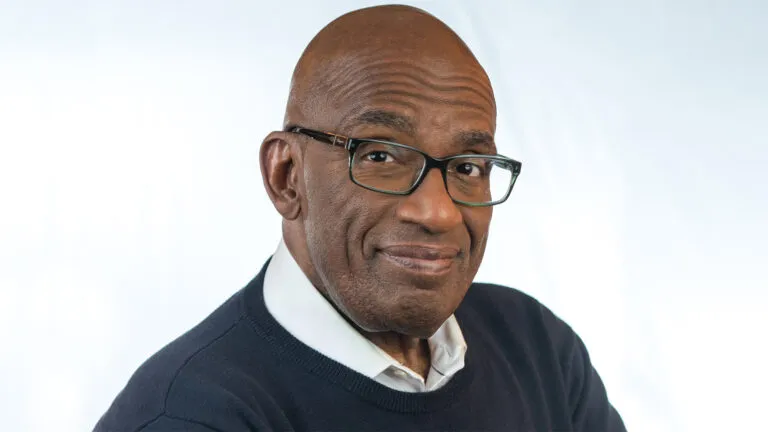Ever hear of a movie director named Spike Jonze? Maybe not. Chances are you’ve seen his work, though, or copies of it. He directed the movies Being John Malkovich and Adaptation, both of them heady, weird, self-referential and whooping fun.
I don’t care about those movies. They’re fine but they’ll fade. Spike Jonze’s brilliance is in the music videos he directed, and the television commercials. His brilliance is a kind of ecstatic faith. He looks at what you and I look at and he sees glowing inside or around or even beyond all that a permanent, disturbing wonder. He’s a slick, highly paid, never-really-grew-up holy fool.
You have to do some watching first. To start, see this, three Brooklyn rappers dressed like Starsky and Hutch let loose in L.A. Next, this, the destruction of a Gap store, paid for by the Gap. Now this, a pair of Levi’s crazy dancing in Mexico. Finally this, magic Adidas.
These are short films about wonder and imagination. Not Spike Jonze’s imagination. They’re about your imagination. They make you imagine. You can’t watch them without scrambling to figure out what’s going on, what’s coming, what it means. I’ve arranged them to make this progressively plainer. The Beastie Boys are funny, clever. The Gap ad is wild, wildly puzzling. The Levis are pure joy. And the Adidas? The Adidas are, I think, Spike Jonze’s way of imagining heaven whether he knows that’s what he’s doing or not.
All reality is overturned in that ad, replaced by a magic realism that is neither magic nor real but rather super-real, an invocation of some deeper, barely perceived reality lurking at the back of boring everyday experience. Nominally the ad is a dream. But really it’s a fairy tale. And fairy tales, as readers, say, of Frederick Buechner know, are the truest truths of all.
Here’s the last one you watch, the skateboard movie that kicked Jonze’s career into gear. Until he made this he was just a little skate punk working for a skate magazine in an industrial park in Torrance, an out-of-the-way part of L.A. (I grew up near there.) He filmed guys skating and had the wild idea of making everything they skated on blow up the instant they touched it. Pretty stupid, huh?
Watch to the end. Everything slows down. A boy on a skateboard is backlit by flame, debris cascading around him. His look of terrified wonder is slowed to a standstill. The music plays. For a moment, a few seconds, the fact that this is a skateboard movie made by a bunch of kids goofing off in California fades clean away. There is only the principle of wonder, a kind of balletic beauty shadowed by danger and even more by imagination distilled.
I worked on a story recently about a grandfather who talked to his grandson about his days serving on an aircraft carrier during the Vietnam War. “I tried being honest,” the man wrote, “but what could I say about fear and dying? I liked it better describing the stars we’d see at night, the quiet of that big ocean. ‘Out there you don’t doubt there’s a God,’ I told him.”
Watching Spike Jonze is like being on that big ocean. You feel small, surrounded by a world you hadn’t counted on, a world you don’t control and don’t really understand.
You can’t watch Spike Jonze and continue taking seriously your petty commonsense notions about how of course we know the way the world works, and of course our minds are sufficient to figure things out, and of course faith and beauty and wonder are no more than brain chemistry—you can’t take that stuff seriously at all. Not if you’re honest. You just can’t.
Jim Hinch is a senior editor at GUIDEPOSTS. Reach him at jhinch@guideposts.org.




